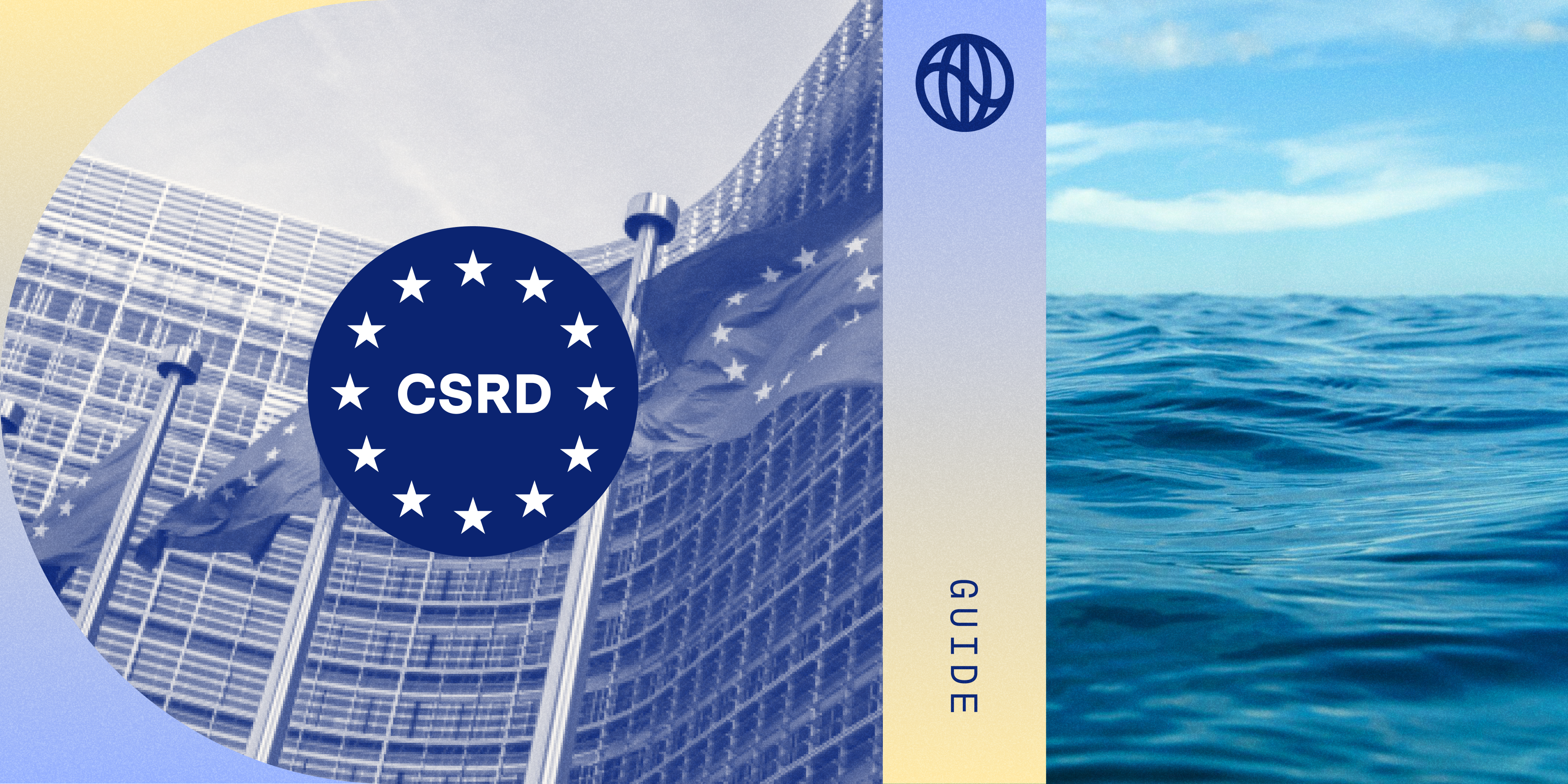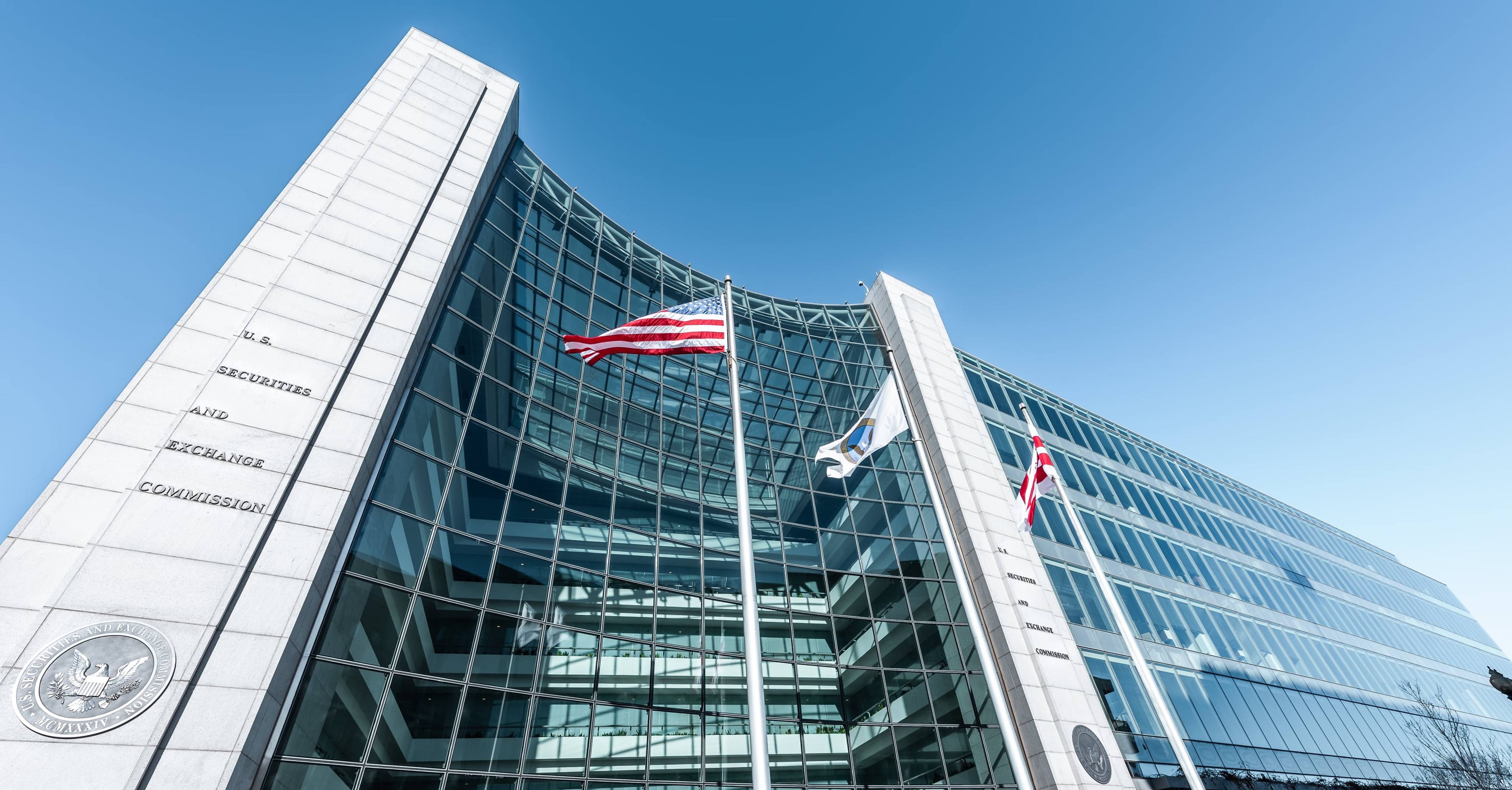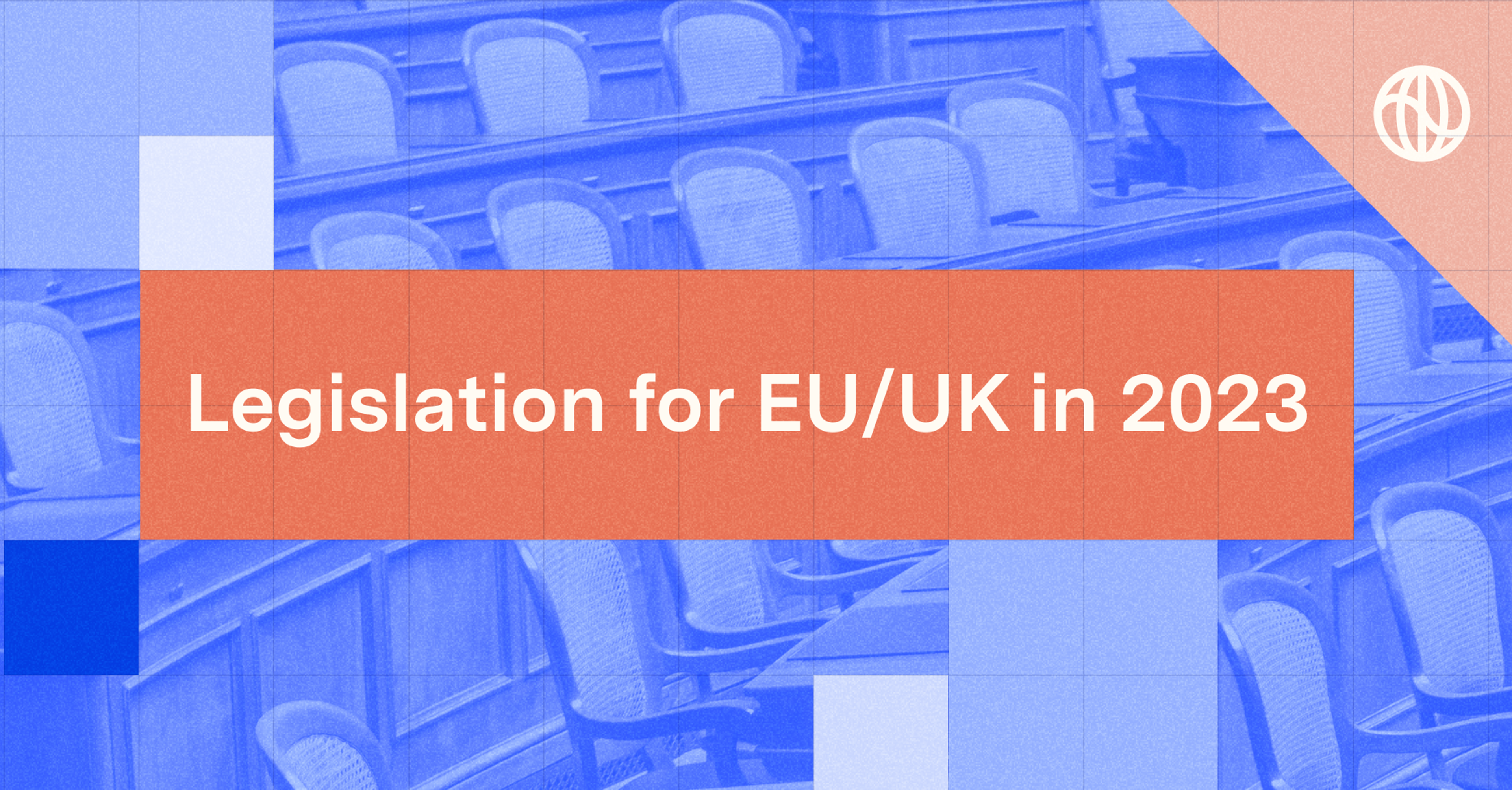On July 31, the European Commission released the final version of the European Sustainability Reporting Standards (ESRS), the detailed technical reporting requirements that underpin disclosures from firms in scope of the Corporate Sustainability Reporting Directive (CSRD).
The final ESRS closely resemble the most recent drafts, with the most notable adjustment being that companies must provide detailed justification if they do not report on the Climate Change standard.
The publication takes the form of a Delegated Act, which will need to be approved by the European Council and Parliament in the next two months, before becoming law, ahead of the first CSRD reporting deadlines in 2025.
Firms falling under CSRD will need to assess which of the 10 sustainability topics are material to their business. Where those topics are material, the ESRS set out precisely what firms need to assess, measure and disclose, including relevant metrics and targets.
If a standard isn’t deemed material, companies have the option to explain why, with the Climate Change standard as an exception. If a company doesn’t report on climate change, they must provide a “detailed explanation of the conclusions of its materiality assessment with regard to climate change, including a forward looking analysis of the conditions that could lead the undertaking to conclude that climate change is material in the future.”
Over 50,000 European companies are estimated to fall under the scope of CSRD, and a recent Refinitiv study estimated that over 10,000 non-EU companies will also be caught, with approximately a third of those from the US.
The process of developing the ESRS has been extensive. The Commission consulted in June on the previous version of the ESRS, following prior recommendations from the European Financial Reporting Advisory Group (EFRAG)—an independent advisory body. The new, finalized standards are, for the most part, largely aligned with the Commission’s June draft.
Disclosures on relevant topics will need to exist in annual reports alongside financials, and will also be subject to audit assurance—moving from limited assurance in 2026, to reasonable assurance in 2028.
For an overview of the CSRD based on the finalized ESRS, check out our CSRD guide.









